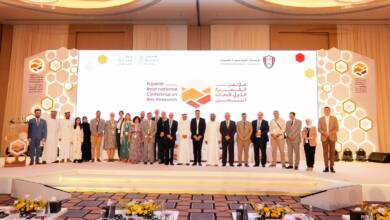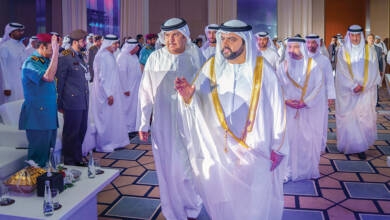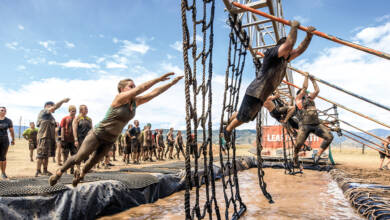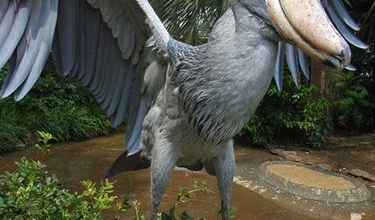Emirati Womens Day, August 28
"Inspiring Reality, Sustainable Future" theme for Emirati Women's Day 2022
Sheikha Fatima Bint Mubarak, Mother of the Nation
Her Highness Sheikha Fatima bint Mubarak was born in Al-Hayer, al-Ain City to a Bedouin family. In the 1960’s, she became wife of the late Sheikh Zayed bin Sultan Al Nahyan, founder and the first president of the United Arab Emirates.
Sheikha Fatima is a supporter of women’s rights in the UAE. She is the supreme chairperson of the Family Development Foundation (FDF) and significantly contributed to the foundation of the first women’s organization in 1976, the Abu Dhabi Society for the Awakening of Women.In 1973, H.H. Sheikha Fatima established the Abu Dhabi Women Development Association, the first organization dedicated to promoting the equality and empowerment of women in the UAE.
With her guidance and support, many new women’s groups merged into the General Women’s Union in 1975, of which Sheikha Fatima is chairwoman. For her, children embody the future of the nation and its real wealth.
The establishment of the Supreme Council for Motherhood and childhood in 2003, which Sheikha Fatima herself headed from the beginning, was a significant step in institutionalizing the care and protection of children. In 2006, she founded the Family Development Foundation.
Ever since the Union was announced, H.H. Sheikha Fatima paid great attention to woman’s education, encouraging families to support their daughters in acquiring knowledge. She focused on education as a top priority for the UAE, urging girls to join the UAE University upon its establishment in 1978. In 2004, the Mother of the UAE pushed for the appointment of the country’s first female Cabinet Minister, H.E. Sheikha Lubna Al Qasimi, who is now Minister of Development and International Cooperation.
Today, women occupy key positions across all branches of the government. Sheikha Fatima’s remarkable achievements go beyond national borders, internationally, she has been focusing on marginalized populations, women, children, the disabled and refugees.
WAM





